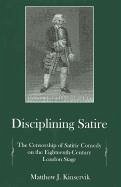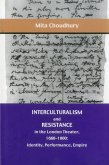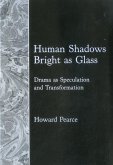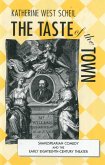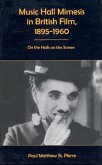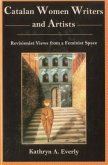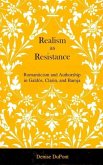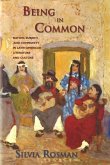This book examines the effects of the Stage Licensing Act of 1737 on its main target, satiric comedy. The Licensing Act is generally considered to have been a significant and repressive censorship law (it was not repealed until 1968), but very little is known about how it actually worked and what effects it had on satiric comedy. Focusing on the playwriting careers of Henry Fieldling, Samuel Foote, and Charles Macklin, the three most controversial and heavily censored satiric dramatists of the century, Disciplining Satire pays particular attention to what type of satiric expression the law encourage, not just what it prohibited. As the title of this book suggests, the Licensing Act was a disciplinary instrument that was seldom used to punish playwrights or prohibit plays; rather, the censorship had a more productive effect, training authors to write and audiences to consume a particular type of satiric comedy.
Bitte wählen Sie Ihr Anliegen aus.
Rechnungen
Retourenschein anfordern
Bestellstatus
Storno

